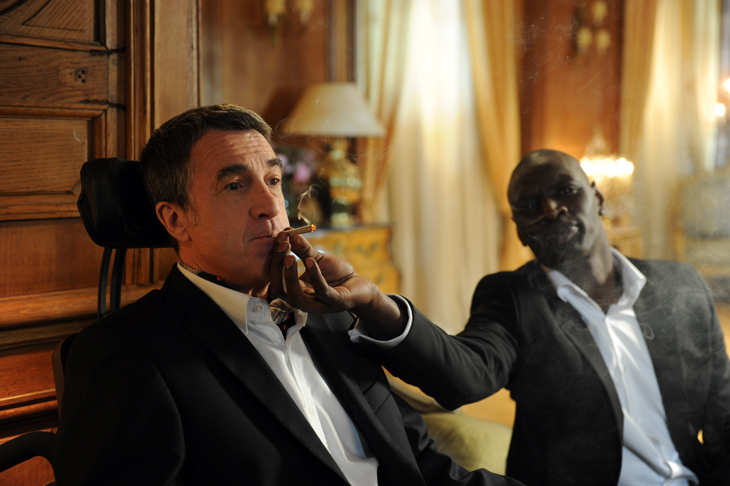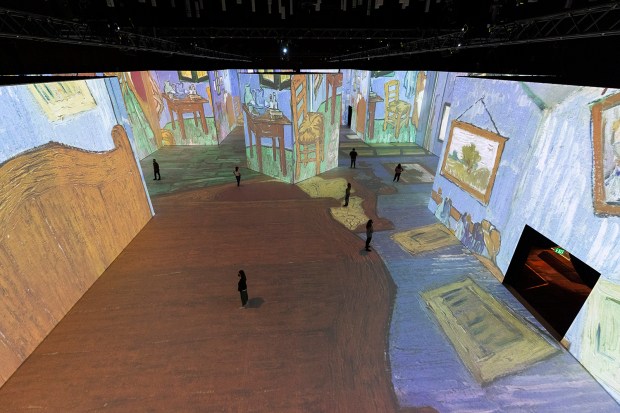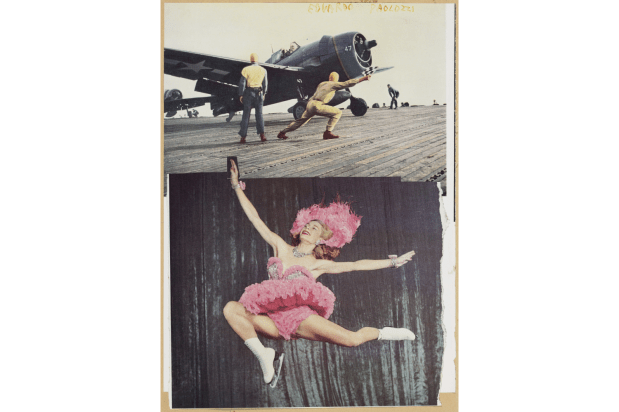The moment you invite friends to some new ‘cutting-edge’ disability theatre or film, most swallow paroxysms of social anxiety. What if it’s dull? Am I allowed to yawn? What if I hate it? How interminably politically correct will it be? Do I want to think about ‘disability’ on a fun night out?
While most objections can be overcome by a convincing performance, it is interesting to ask whether disability makes a difference to art, or does art transcend disability? If the current crop of plays and films, not to mention disability production companies, is anything to go by, the answer is...
Already a subscriber? Log in
Subscribe for just $2 a week
Try a month of The Spectator Australia absolutely free and without commitment. Not only that but – if you choose to continue – you’ll pay just $2 a week for your first year.
- Unlimited access to spectator.com.au and app
- The weekly edition on the Spectator Australia app
- Spectator podcasts and newsletters
- Full access to spectator.co.uk
Unlock this article
You might disagree with half of it, but you’ll enjoy reading all of it. Try your first month for free, then just $2 a week for the remainder of your first year.














Comments
Don't miss out
Join the conversation with other Spectator Australia readers. Subscribe to leave a comment.
SUBSCRIBEAlready a subscriber? Log in